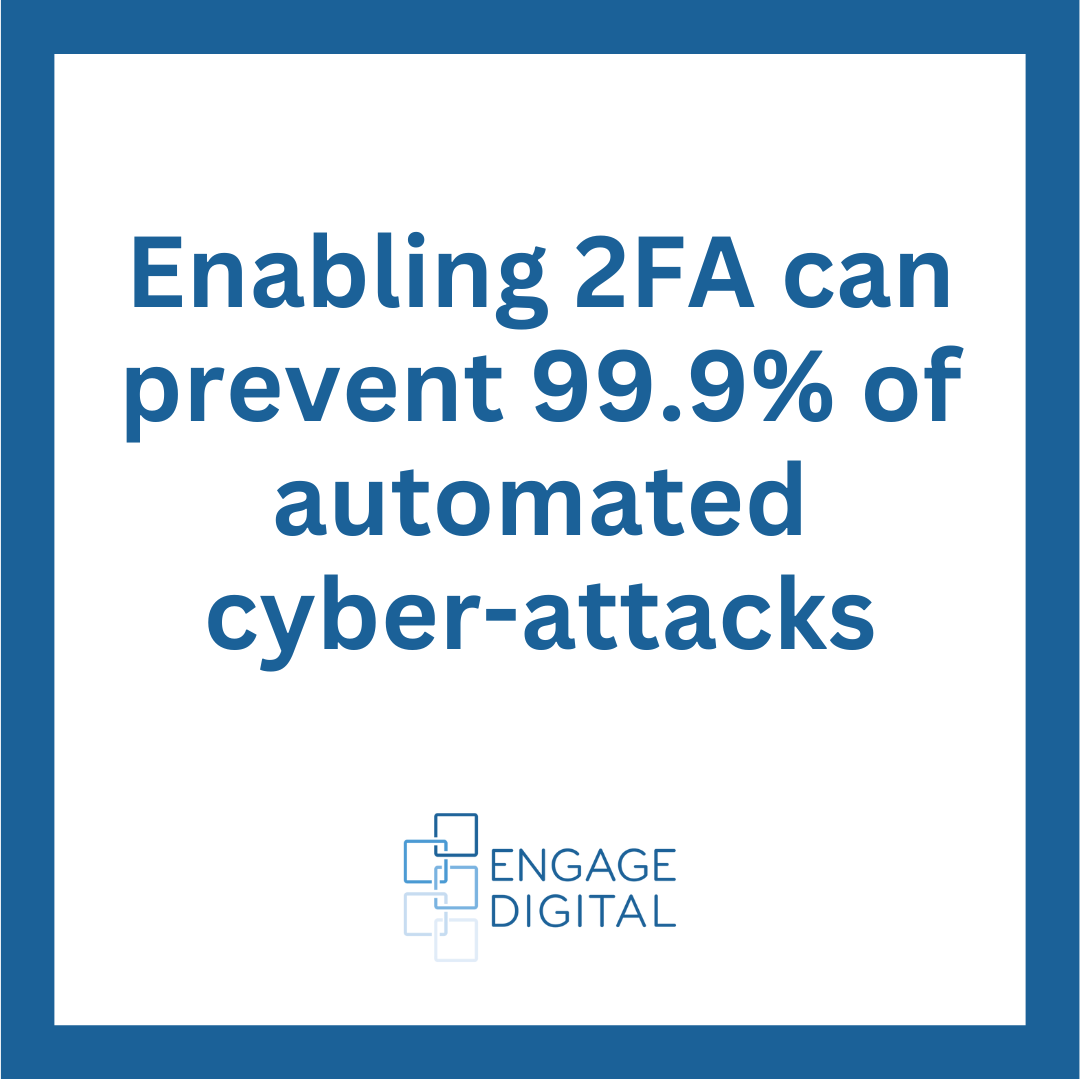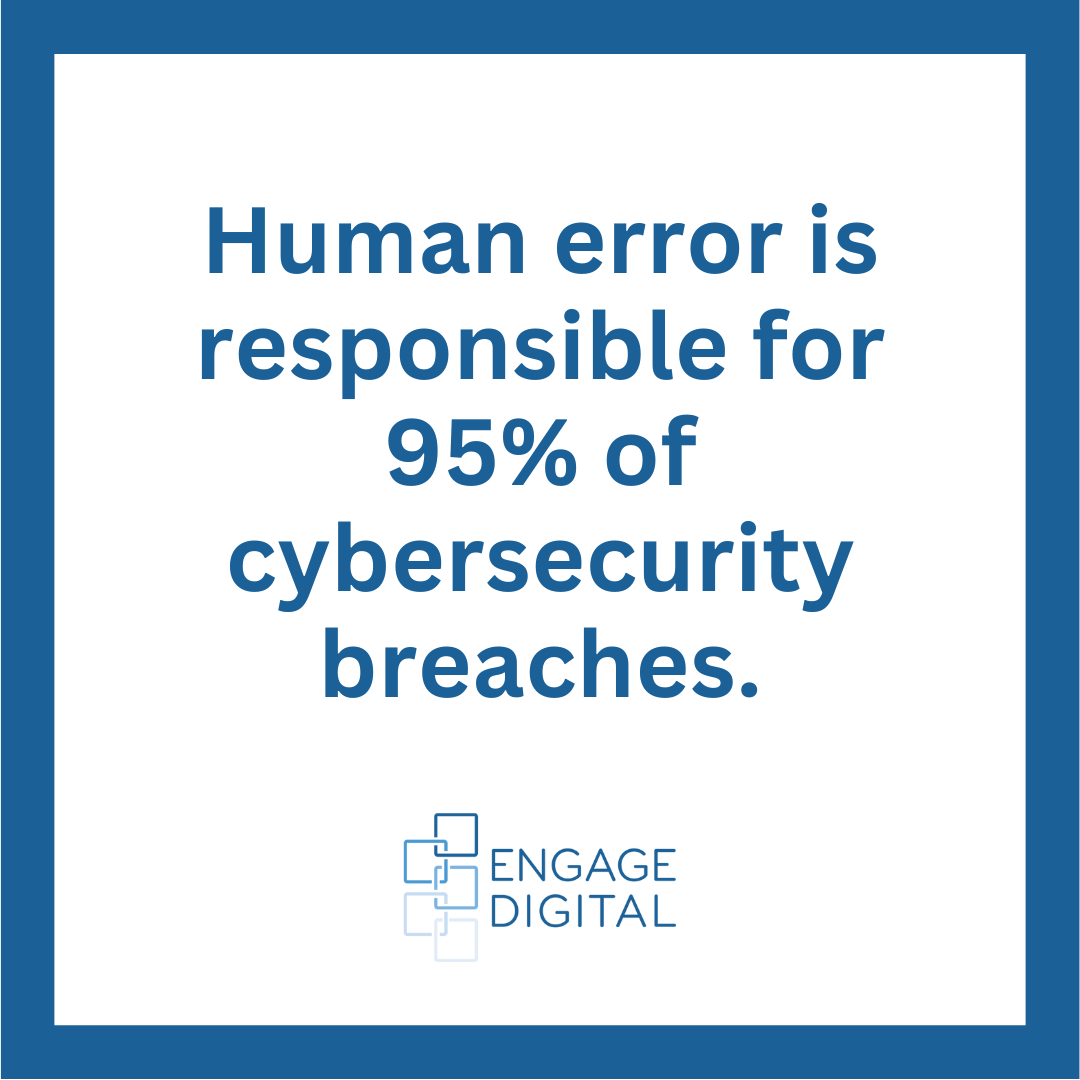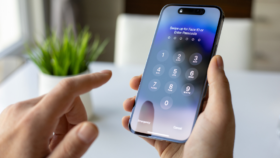Did you know that cybercrime is projected to cost consumers and businesses over $10.5 trillion by the end of this year? With the digital world expanding rapidly, the need for robust cybersecurity measures has never been more critical. Both individuals and businesses are prime targets, and without proper protection, the financial and reputational consequences can be devastating.
The Importance of Cybersecurity for Individuals
For individual users, maintaining cybersecurity while engaging in digital marketing is essential. Cyber threats are everywhere, making it crucial to stay vigilant. A survey by Statista revealed that 59% of internet users have experienced cyber fraud. This statistic highlights the importance of personal cybersecurity measures. Protecting your personal data is not only about safeguarding financial information but also about preserving trust and privacy. Cybercriminals can exploit even the smallest vulnerabilities to cause significant harm. Personal information obtained through breaches can be sold on the dark web, leading to identity theft and financial loss.
That’s why individuals must adopt a proactive approach to cybersecurity, such as using strong passwords, enabling two-factor authentication, and being cautious of phishing schemes. Regularly updating software and using reputable cybersecurity tools are also key practices. Establishing robust cybersecurity habits can help prevent potential threats and give you peace of mind while navigating the digital landscape. Maintaining these habits ensures that you can confidently engage in digital marketing activities, knowing that your personal and financial information is secure.
Strong Password Practices
One of the simplest yet most effective ways to protect your online presence is through strong passwords. Use different passwords for each account, combining letters, numbers, and symbols. Tools like password managers can help keep your passwords secure and organized. These tools create complex passwords and store them safely, freeing you from the hassle of memorization. Avoiding the reuse of passwords across multiple sites mitigates the risk of a security breach affecting multiple accounts.
Incorporating multifactor authentication into your password strategy is another level of protection. Multifactor authentication methods can include biometric data, such as fingerprints or facial recognition, in addition to traditional passwords. Regularly updating passwords and staying informed about current cybersecurity threats is essential. Personal vigilance and the use of advanced security tools can provide a robust defense against cyber attacks.
Enabling Two-Factor Authentication (2FA)
 Two-factor authentication (2FA) adds an extra layer of security by requiring a second form of identification alongside your password. This could be a code sent to your mobile device or generated by an authentication app.
Two-factor authentication (2FA) adds an extra layer of security by requiring a second form of identification alongside your password. This could be a code sent to your mobile device or generated by an authentication app.
So, why should you use 2FA? According to Drive Strike, enabling 2FA can prevent 99.9% of automated cyber-attacks. This added layer of security makes it significantly harder for unauthorized users to gain access to your accounts.
Incorporating 2FA into your online activities is a simple yet powerful way to enhance your security. From banking sites to social media platforms, enabling this feature adds another barrier against cyber threats. Many platforms offer easy-to-follow steps for setting up 2FA, making it an accessible option for enhancing your online security. With cyber threats continuously evolving, having multiple layers of security is more important than ever.
Being Wary of Phishing Scams
Phishing is a fraudulent attempt to obtain sensitive information by pretending to be trustworthy. These scams often occur through emails, social media messages, or even phone calls. Always verify the source before clicking on links or downloading attachments. Cybercriminals often craft these messages to look legitimate, preying on the victim’s trust.
Being cautious can prevent falling victim to these scams. If an offer seems too good to be true, it probably is. Look out for signs of phishing, such as poor grammar, urgent requests, or unfamiliar senders. Reporting suspicious emails to your service provider can help protect not only yourself but others as well. By staying informed and cautious, you can mitigate the risks posed by phishing scams.
With these practices, navigating the digital world more securely is possible. Maintaining vigilance and implementing these cybersecurity measures will help protect your personal and financial information. It ensures a safer online experience while engaging in digital marketing and other online activities.
Protecting Business Presence on Social Media
Businesses are prime targets for cyber threats. Protecting your business’s online presence requires comprehensive cybersecurity strategies. Hackers often target businesses through social media platforms because these platforms have access to valuable customer data. Guarding this data is crucial for maintaining customer trust and protecting your brand’s reputation.
Hackers target businesses through various methods, from unauthorized access to spreading malware. Social media accounts are particularly vulnerable due to their public nature and extensive use. Ensuring robust security on these platforms helps mitigate potential risks.
Proactive measures and vigilance can significantly reduce the risk of attacks, ensuring business continuity and safeguarding sensitive information. Taking a multi-layered approach to cybersecurity, including strong passwords, regular updates, and employee education, can strengthen your defense.
Secure Social Media Accounts
Ensure that all social media accounts are protected with strong passwords and two-factor authentication (2FA). Only allow trusted individuals to manage these accounts. Regularly updating passwords and reviewing account permissions helps minimize risks.
Changing passwords periodically and limiting account access to essential personnel strengthens security. This practice helps prevent unauthorized access and secures your business’s online assets against cyber threats. Implementing these measures creates a robust barrier against cyber intrusions.
Regular password updates and permission reviews are not just good practices; they are essential. These proactive steps ensure that your accounts remain secure and reduce the likelihood of unauthorized access. Consistent management of account permissions reinforces security protocols and reduces vulnerabilities.
Educating Employees and Stakeholders
 Cybersecurity is a collective effort. Educate your employees about potential cyber threats and how to avoid them. Hold regular training sessions to keep everyone updated on the latest security practices.
Cybersecurity is a collective effort. Educate your employees about potential cyber threats and how to avoid them. Hold regular training sessions to keep everyone updated on the latest security practices.
A report by IBM Security states that human error is responsible for 95% of cybersecurity breaches. Continuous education and vigilance can greatly reduce these errors. Regular training ensures everyone in the organization is equipped to handle cyber threats appropriately.
Fostering a culture of cybersecurity awareness can significantly enhance your defense mechanisms. Employees who are well-informed about threats are more likely to follow best practices, which creates a solid first line of defense against potential breaches.
Monitoring Your Accounts Regularly
Regularly monitoring your business accounts can help detect suspicious activities early. Use tools that alert you to unauthorized logins or changes. Being proactive can prevent small issues from becoming major problems.
Implementing robust monitoring solutions provides real-time insights and the ability to respond quickly to threats. Early detection is vital for mitigating potential risks and maintaining account integrity. Consistent monitoring ensures ongoing security for your online presence.
Regular checks on your accounts make it easier to catch anomalies before they escalate. Setting up alerts for unusual activities helps prompt prompt action, which can save your business from significant damage.
Beware of Social Media Scams Targeting Businesses
Scammers are increasingly targeting businesses with sophisticated techniques. One common scam involves fake messages from hackers pretending to be social media platforms. These messages claim your account has violated a rule and will be deleted.
Always verify the legitimacy of such messages through official channels before taking action. These scams often use convincing language and branding to deceive users. Educating staff about these scams can enhance overall security, prevent costly mistakes, and preserve your digital presence.
Caution is the key to thwarting these deceptive tactics. Staff training on recognizing scam tactics provides an additional layer of security. Creating a verification process for suspicious messages can help maintain account integrity.
Implementing Security Policies and Protocols
Develop clear security policies and protocols for managing company social media accounts. This includes guidelines for posting and rules for who can access accounts. Structured policies help maintain consistent and secure practices across your organization.
Clear protocols ensure everyone knows their responsibilities and the consequences of violations. Standardizing security measures creates a cohesive approach to protecting your online presence. These policies should be regularly reviewed and updated to stay effective.
Structured policies provide a roadmap for maintaining security. Consistent enforcement and regular updates adapt to new threats. This thorough approach helps in building a robust cybersecurity framework.
Using Secure Networks
Ensure that all business-related activities are conducted over secure networks. Avoid using public Wi-Fi to access sensitive accounts. Use Virtual Private Networks (VPN) to secure connections, especially when working remotely.
VPNs encrypt your data, making it difficult for hackers to intercept. Secure networks are essential for protecting sensitive information and maintaining operational security in various business environments. Regularly assess network security to prevent vulnerabilities.
Working over secure networks should be a standard practice within your organization. Ensure all employees understand the importance of this practice. Regular security assessments and updates keep your network defenses strong.
Importance of Regular Software Updates
Outdated software can have vulnerabilities that cybercriminals exploit. Regularly update all software, including operating systems, browsers, and security applications. Enable automatic updates where possible to ensure you always have the latest security patches.
Staying updated reduces the risk of exploitation, helping to keep your system secure. Regular updates are a crucial defense against emerging cyber threats. Ensure your team understands the importance of timely updates.
Timely software updates provide essential protection. Encourage a culture of routine updates within your organization. This practice closes security gaps and keeps your digital presence robust.
Investing in Cybersecurity Tools
Businesses must invest in robust cybersecurity tools. Consider using antivirus software, firewalls, and intrusion detection systems. Hire cybersecurity experts to monitor and manage your digital presence for added protection.
These tools and services provide a multi-layered approach to security. Advanced tools and expert oversight can significantly enhance your defenses and reduce risk. Regular assessments of your cybersecurity tools ensure optimal protection.
Comprehensive cybersecurity solutions offer robust protection. Regularly evaluating these tools and refining strategies ensure ongoing effectiveness. This investment safeguards your business against a wide range of cyber threats.
Responding to Cybersecurity Breaches
Having an incident response plan is crucial. No system is entirely foolproof, and breaches may still occur. Your plan should include steps to contain the breach, assess the damage, and notify affected parties.
Quick, coordinated responses can mitigate the impact on your business. Detailed plans enable the organization to react efficiently and reduce the fallout from cybersecurity incidents. Regularly update and test your incident response plan to ensure its effectiveness.
A well-defined response plan limits the damage of security breaches. Regular testing of your plan ensures readiness. This preparedness helps maintain business continuity and protect your digital presence.
Enhancing Your Cybersecurity Framework
As cyber threats grow more sophisticated, the importance of robust cybersecurity measures cannot be overstated. Both individuals and businesses must remain vigilant, adopting proactive strategies to safeguard their online presence. Implementing strong passwords, enabling two-factor authentication, and educating employees about potential threats are just a few steps that can make a significant difference.
Regular software updates and the use of reputable cybersecurity tools are essential practices for mitigating risks. By fostering a culture of cybersecurity awareness and staying informed on the latest trends, you can navigate the digital landscape with greater confidence and security. Establishing strong cybersecurity habits protects your financial information, trust, and privacy in an increasingly connected world.






